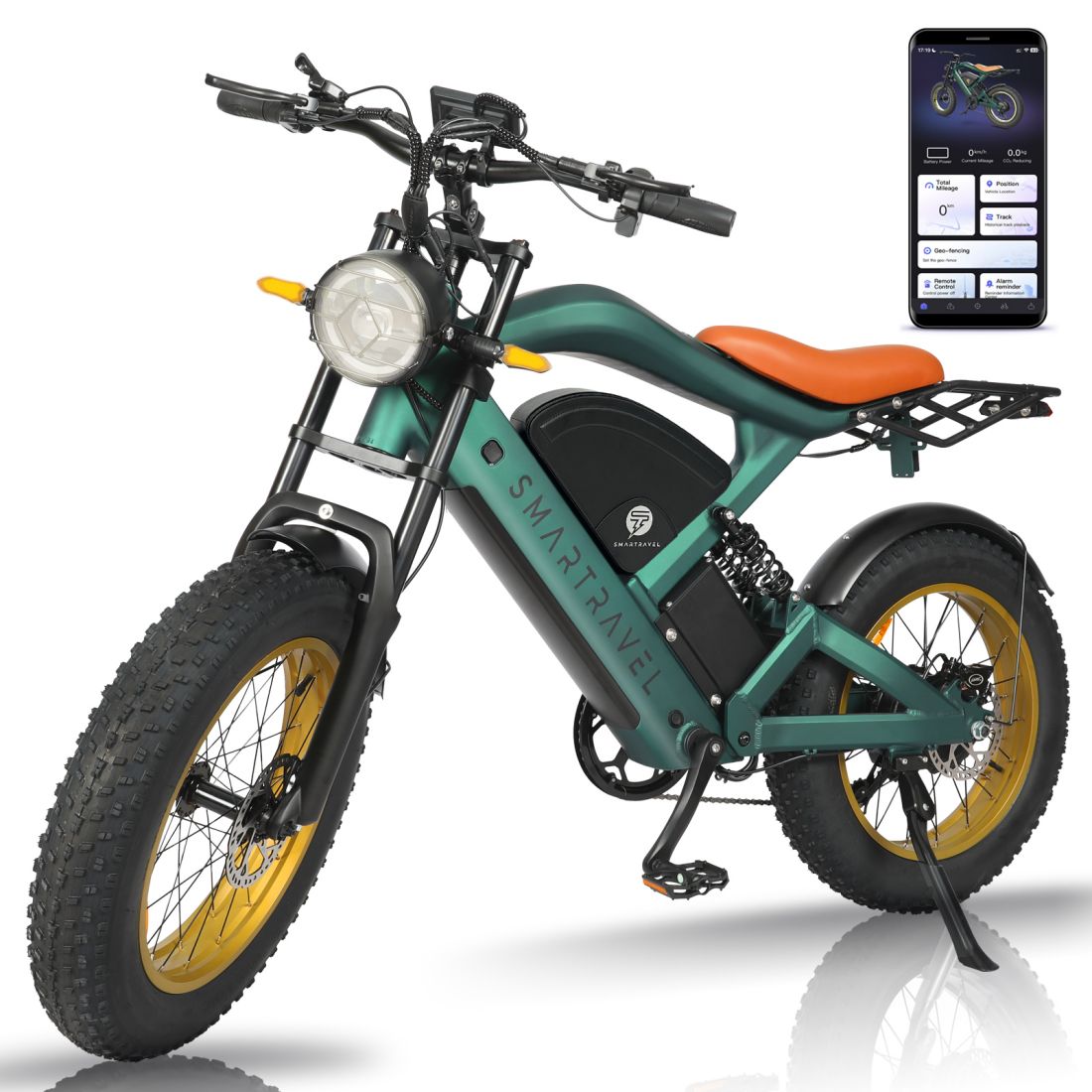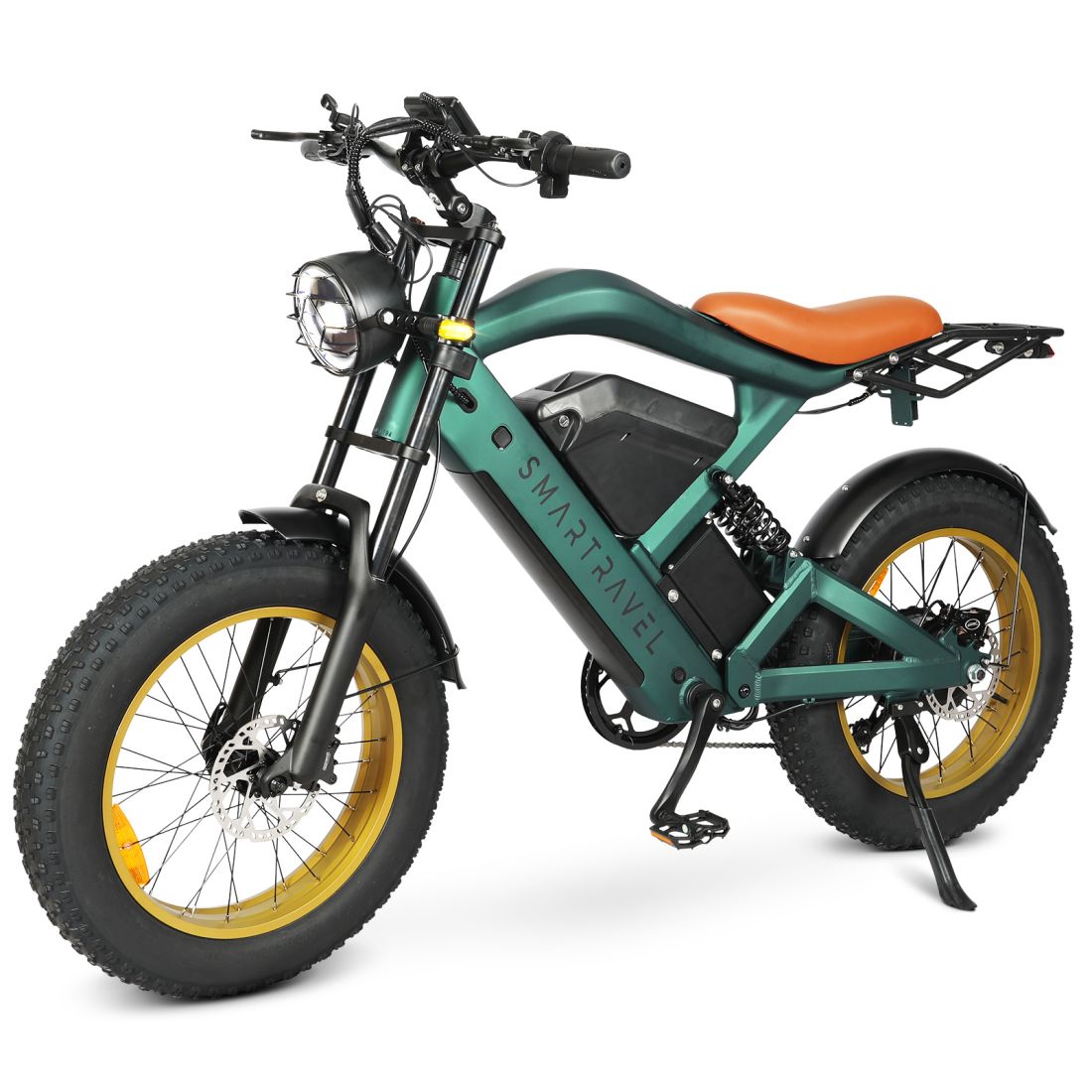Mechanical Vs Hydraulic Disc Brakes: Which Is Right for You

What Is Hydraulic Disc Brakes
Hydraulic disc brakes are a type of braking system commonly used in bicycles, motorcycles, and cars. They are known for their superior stopping power and responsiveness compared to traditional mechanical brakes. Here’s an overview of their components:
Brake Lever: The part the rider or driver pulls to engage the brakes.
Hydraulic Fluid: A special fluid that transmits force from the lever to the caliper.
Caliper: Contains the pistons that push the brake pads against the rotor.
Brake Pads: Friction material that contacts the rotor to slow down or stop the wheel.
Rotor (Disc): A metal disc mounted on the wheel that the brake pads clamp onto.
What Is Mechanical Disc Brakes
Mechanical disc brakes are a type of braking system commonly used in bicycles and some motorcycles. They are simpler in design compared to hydraulic disc brakes but still provide effective stopping power. Here’s a breakdown of their components:
Brake Lever: The lever that the rider pulls to engage the brakes.
Cables: Steel cables that transmit the force from the lever to the caliper.
Caliper: Houses the brake pads and is responsible for applying pressure to the rotor.
Brake Pads: Friction material that contacts the rotor to slow down the wheel.
Rotor (Disc): A metal disc attached to the wheel that the brake pads clamp onto.
Advantages of Hydraulic Disc Brakes
Powerful Stopping Force: More effective than mechanical systems, especially in wet conditions.
Modulation: Allows for finer control over braking force.
Less Maintenance: Generally requires less frequent adjustment compared to mechanical brakes.
Disadvantages of Hydraulic Disc Brakes
Complexity: More components mean more potential points of failure.
Cost: Typically more expensive than mechanical systems.
Weight: Can be heavier due to the additional components.
Advantages of Mechanical Disc Brakes
Simplicity: Fewer components make them easier to install and maintain.
Cost-Effective: Generally less expensive than hydraulic systems.
Adjustability: Easier to adjust brake pad clearance manually.
Disadvantages of Mechanical Disc Brakes
Less Power: Typically not as powerful as hydraulic disc brakes, especially in extreme conditions.
Modulation: Offers less fine control over braking force.
Maintenance: Requires regular cable adjustment and replacement over time.

In summary, hydraulic disc brakes offer significant advantages in performance and control, making them a popular choice in various vehicles.mechanical disc brakes provide a reliable and cost-effective braking option, suitable for a variety of applications, especially in lower-cost bicycles and motorcycles.The choice of which type to use depends on your riding budget and your riding needs. What suits you best is the most appropriate.




















